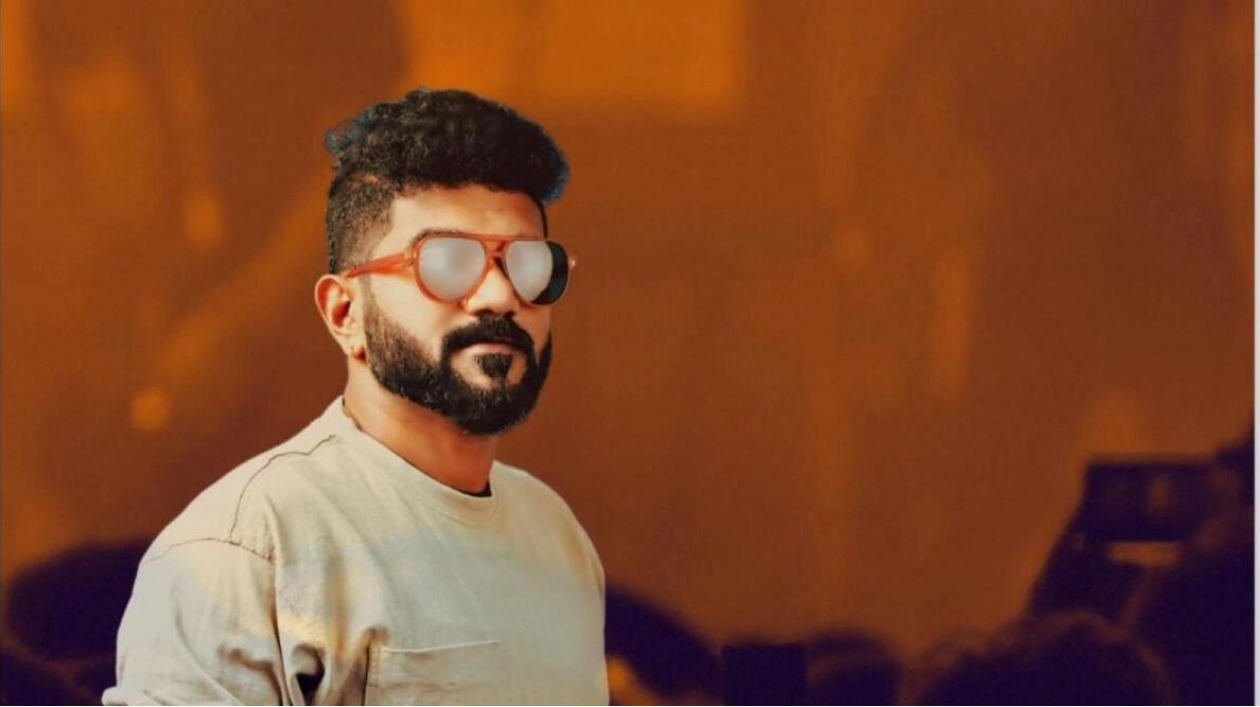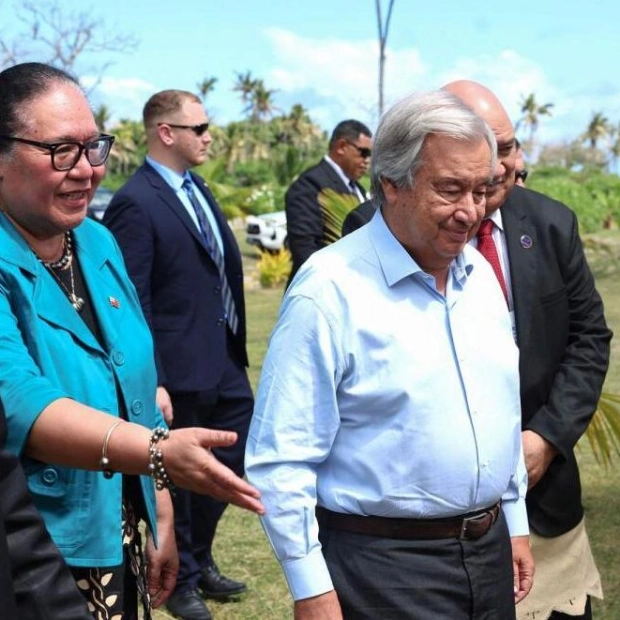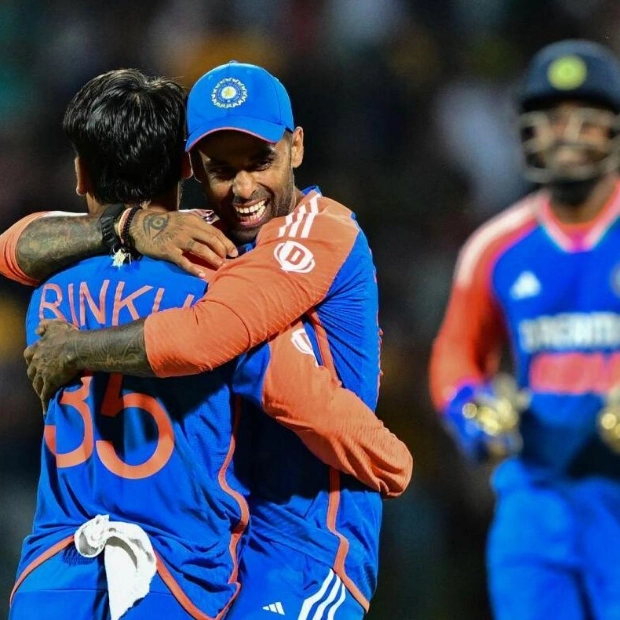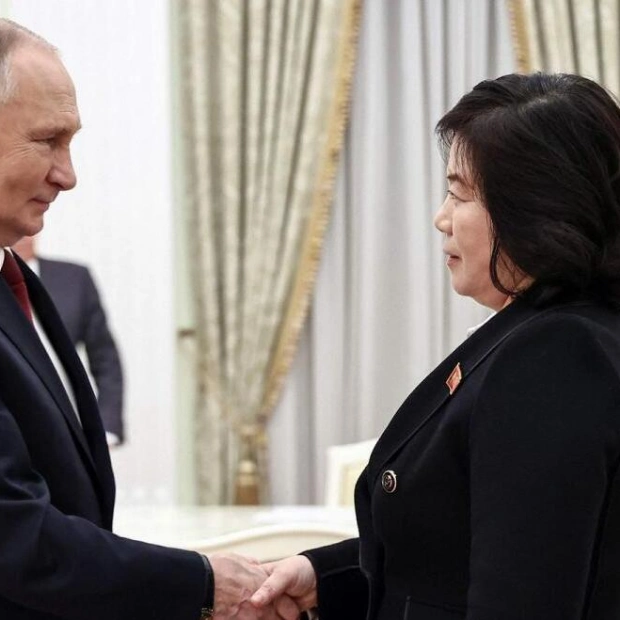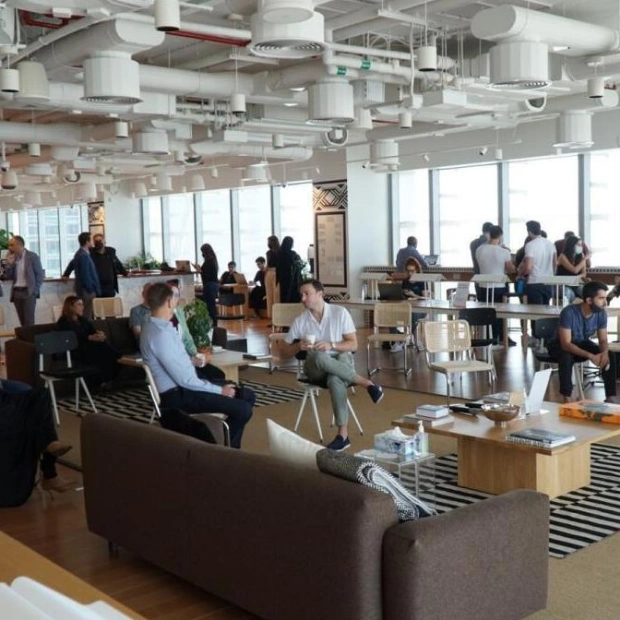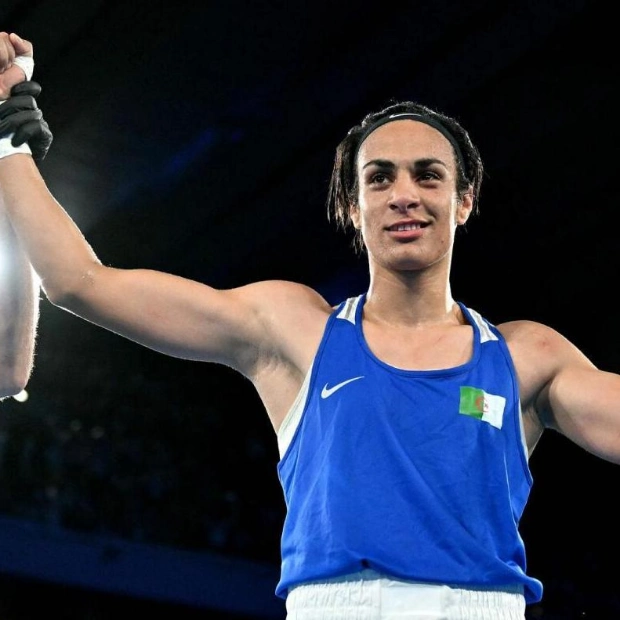Rakhesh Brahmanandan, a celebrated musician and actor from India, has found a second home in Dubai, a city where his artistic journey has thrived since his debut in 2007. Coming from a family of musical legends, including his father and mentor K P Brahmanandan, Rakhesh began his career as a playback singer in Jayaraj's Malayalam film Anachandam (2006). Known for his heartfelt performances, he has worked with renowned composers like V. Dakshinamoorthy, Ilayaraja, and Raveendran, contributing to over 200 songs in five languages. Beyond his musical achievements, Rakhesh has ventured into acting with the Tamil film FIR (2022) and has excelled as a voice-over artist and television anchor, broadening his artistic horizons.
In a recent discussion with City Times, Rakhesh highlighted Dubai's role in fostering high musical standards and his faith in the transformative potential of independent music. He also explored the spiritual aspects of creativity, reflecting his profound passion for 'music with a soul', while expressing cautious optimism about the evolving role of artificial intelligence (AI) in music production. Edited excerpts from the interview:
Q. How has your experience been so far in Dubai? Dubai feels like my second home. I first came here in 2007 for my debut Malayalam film. Since then, I've frequently returned for various shows, always feeling at home.
Q. As an artiste, what catches your eye about the city? I believe artists value appreciation over money. In Dubai, people are highly educated and informed about music, maintaining high standards across genres. This contrasts with India, where film music dominates, limiting exposure to other forms.
Q. So, in your view, independent music is where new genres can emerge and genuine creativity can flourish? Absolutely, and it's not limited to bands. There are many experimental approaches within traditional Carnatic and Hindustani music, blending different styles and genres.
Q. Do you see yourself collaborating with Arabic musicians, perhaps from the UAE? What aspects of Arabic music spark your creativity? I would love to collaborate with Arabic musicians. Arabic music has close ties to our ragas, and I'm fascinated by the similarities and potential for blending Carnatic and Arabic music.
Q. You have worked very closely with the Malayalam film industry, much like your father did. What is their key strength? Malayalam films stand out for their deep understanding of human emotions, allowing them to tell compelling stories. In today's distracted world, this focus on pure creation is rare.
Q. Artistes typically tend to have a spiritual side to them. Do you believe that practising meditation, which is essentially the art of observation and detachment, brings you closer to your art? Meditation and dedication are crucial. It's about accumulating small efforts daily, turning them into a vast ocean of creativity. The support of those around us and our ability to prioritize our goals are also essential.
Q. Recently, I wrote an article about AI's role in music production and how it can now create complete songs. What could its impact be on the music industry and the future of music? AI is a remarkable innovation, simplifying complex tasks. However, music with a soul requires a human touch. While AI can simulate emotions, we ultimately seek the authenticity of human-created music.
